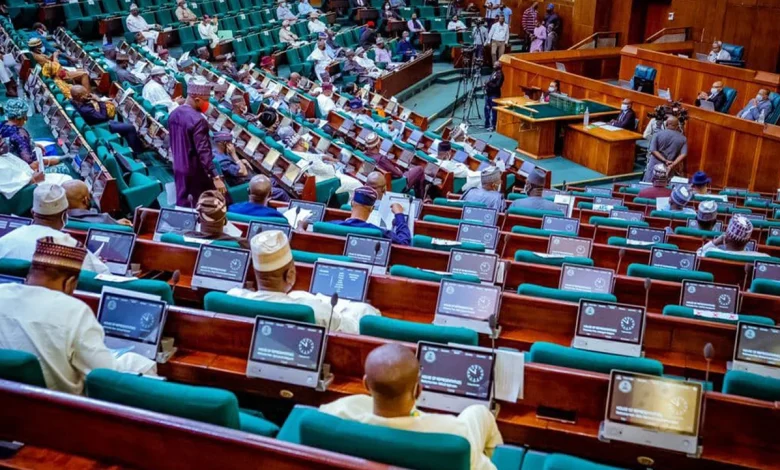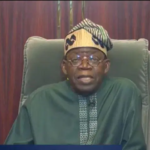The Nigerian House of Representatives on Thursday approved President Bola Tinubu’s declaration of a state of emergency in Rivers State, South-south of the country, through a controversial voice vote.
This is as the green chamber also through the voice vote endorsed the suspension of the state’s executive and legislative arms for an initial period of six months.
The decision followed a formal request from the President.
The President had transmitted a letter to the National Assembly requesting parliamentary approval. The letter was read during plenary on Wednesday.
During the plenary on Thursday, the Speaker of the House of Representatives, Tajudeen Abbas opened the floor for debates on the President’s declaration.
After the debates, Abbas initiated a voice vote, declaring afterwards that the “ayes” had it.
Meanwhile, the decision to adopt a voice vote rather than a recorded individual tally has begun to raise questions among observers and lawmakers alike.
Critics, including human rights activist Deji Adeyanju, posited that the process was a deliberate tactic to obscure the true level of support, alleging that the President’s camp struggled to secure the constitutionally mandated two-thirds majority.
According to the constitution, with 360 members in the House, Tinubu needed at least 240 votes to cement the proclamation.
This also comes as the President’s declaration has met fierce resistance from various quarters.
The Peoples Democratic Party Governors’ Forum (PDPGF), led by Governor Bala Mohammed of Bauchi State has condemned the emergency rule as “unconstitutional” and urged Tinubu to reverse it in the interest of democracy.
Also, the Nigerian Bar Association (NBA) labelled the move a breach of constitutional norms.
Prominent opposition figures, including former Vice President Atiku Abubakar and former Kaduna State Governor Nasir El-Rufai, have joined a growing coalition rejecting the proclamation. Atiku, speaking at a press conference, called on Nigerians to “stand up and defend democracy,” while El-Rufai described the suspension of elected officials as a “gross violation” reminiscent of the controversial emergency rule in the Western Region in 1962.
Legal experts, such as Ebun Adegboruwa (SAN), have warned that Tinubu’s actions risk transforming him into a “presidential dictator,” urging the National Assembly to reconsider its stance.





